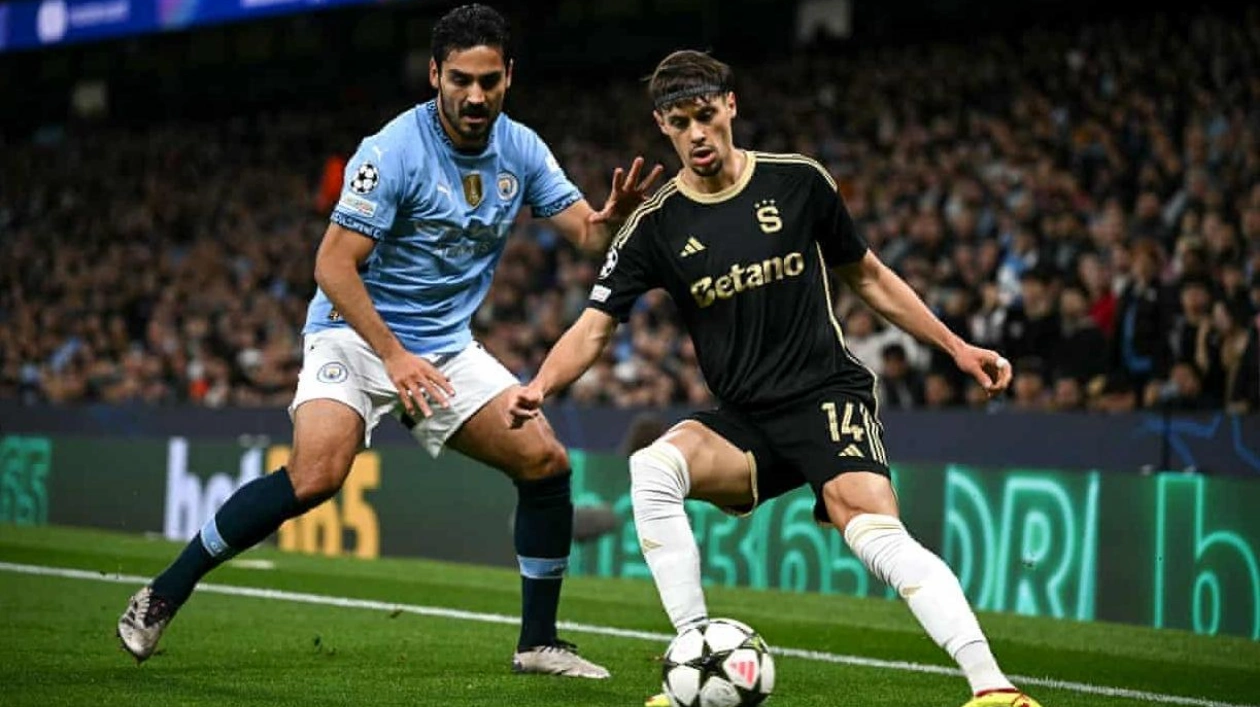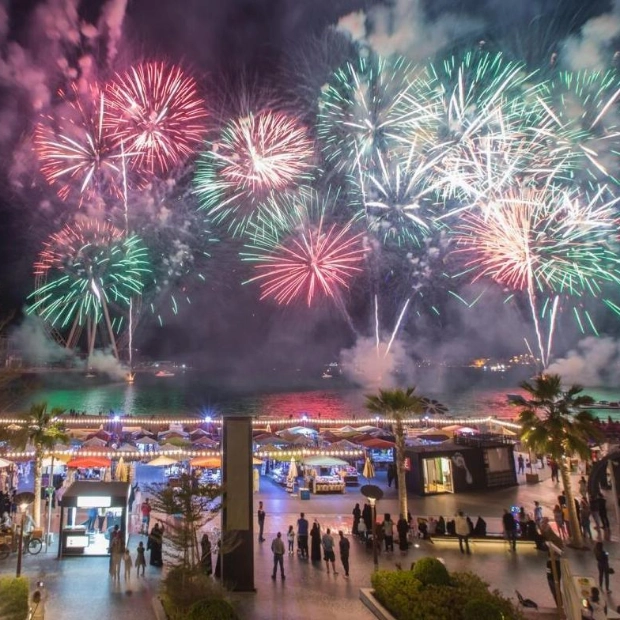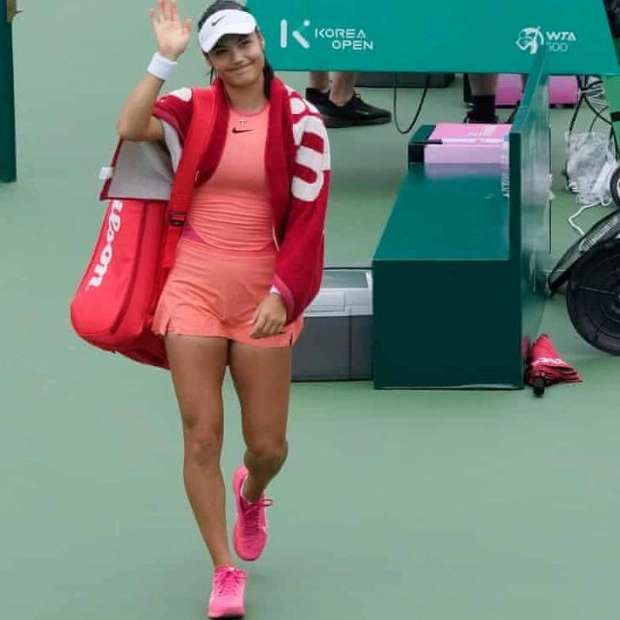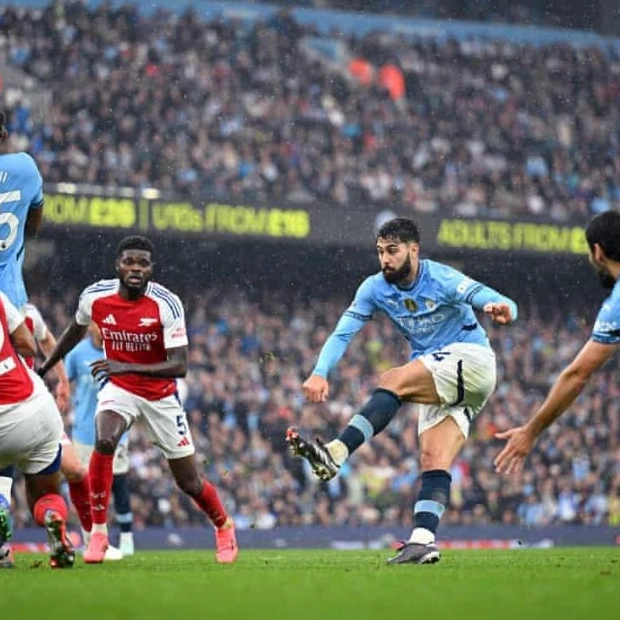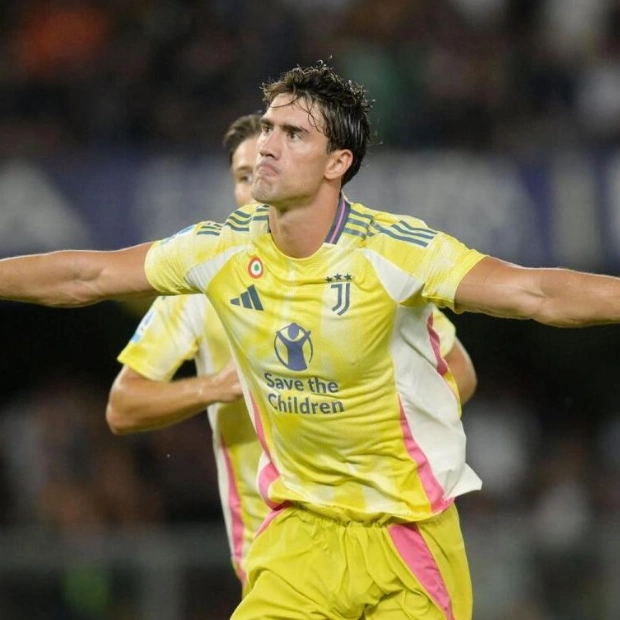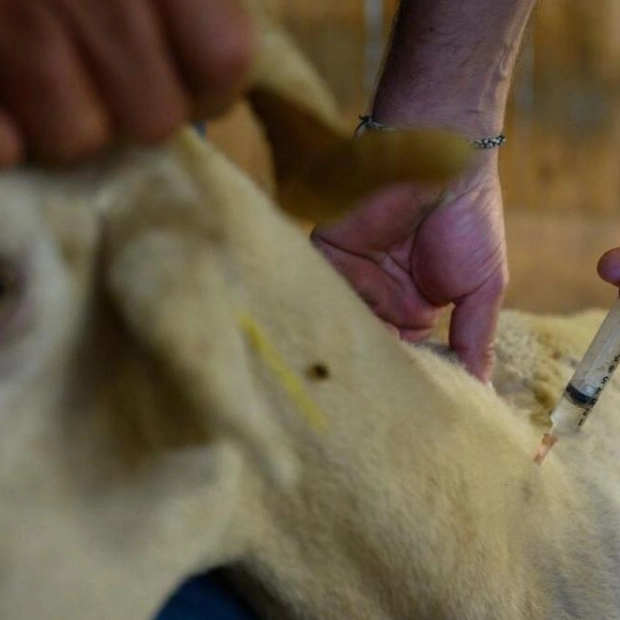For Sparta Prague, Wednesday's encounter with Brest carries significant weight. While the exact points needed to secure a spot in the Champions League knockout stages remains uncertain, a victory would likely place them within striking distance of the February playoffs. This marks their best European performance in over two decades, especially as they compete in one of the continent's fastest-improving leagues. A strong showing could validate this claim, yet their preparations have been marred by issues, reflecting broader stadium problems across Europe.
The inquest was inevitable after Sparta's 3-1 home loss to Banik Ostrava on Saturday, leaving them 10 points adrift of league leaders Slavia and severely denting their chances of a third consecutive title. Unexpectedly, tensions involving Serbia, Albania, and Kosovo have fueled a controversy that has dominated discussions since then. The focus is on Veljko Birmancevic, the influential Serbian forward, who was notably absent. While publicly attributed to a groin injury, local reports suggest he was omitted due to a dispute with the club's sporting manager, Tomas Sivok.
Sparta's ultras expressed their support with a banner reading "Support for Birma" during the match. However, other banners were less benign, featuring images of Kosovo overlaid with Serbian flags and the message "No surrender." Given Kosovo's 2008 declaration of independence and the deep scars from the 1990s war, such displays are deeply troubling. UEFA's efforts to curb these incidents have been largely ineffective, as seen in September's Women's Champions League match in Romania.
Another layer to the Sparta fans' actions involves the Kosovo and Albanian internationals in their squad. Was this a deliberate slight against Birmancevic, considering the political differences with his home country? More likely, it was thoughtless. Rumors of internal tensions, previously unfounded, intensified when Albion Rrahmani responded to the images. His Instagram post, featuring a banner from Kosovo's recent match against Cyprus, underscored the deep-seated issues.
Despite media speculation, there is no evidence of a falling out with Birmancevic. Those close to the players deny any rift, suggesting Birmancevic's absence is purely sporting. Sparta's statement on Sunday emphasized unity and professionalism, reaffirming Birmancevic's injury status. The club called for mutual support and cooperation amid turbulent times.
On Wednesday, Sparta and their coach, Lars Friis, aim to demonstrate the rising stature of Czech football. The hope is that, in this progressive sporting environment, actions that revive historical tensions will be left behind.
Source link: https://www.theguardian.com
